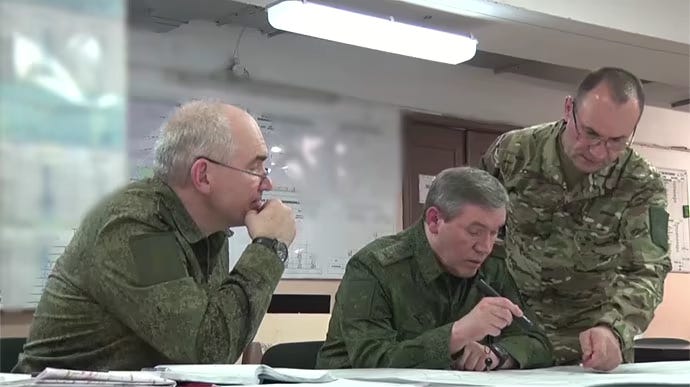New Report! Russia’s General Staff: The Search for Lessons Learned in Ukraine
by Roger N. McDermott
Hi everyone!
The Saratoga Foundation is pleased to announce the release of a new special report by Senior Fellow Roger N. McDermott titled: Russia’s General Staff: The Search for Lessons Learned in Ukraine. Published as part of our new project The Kremlin and Strategic Failure in the Ukraine War, this report explores the tension between analytical modernization and enduring structural rigidity within the Russian Armed Forces by examining the paradoxes shaping Russian military adaptation in the Ukraine war.
Despite its investment in advanced simulation, AI integration, and doctrinal recalibration, the Russian military remains constrained by a deeply centralized command culture. Drawing on internal military publications, doctrinal outputs, and field-based reporting, McDermott offers a detailed analysis of how the Russian General Staff attempts to absorb operational lessons from the ongoing conflict. His findings suggest that while tactical innovation is evident—particularly in areas such as drone warfare, command post survivability, and modular strike group deployments—these adaptations are reactive and rarely result in systemic reform.
A key insight from the report is its exploration of Russia’s emerging shift in doctrinal epistemology. Highlighting the work of Colonel General Trushin, McDermott traces how doctrine is increasingly treated as an iterative, data-informed process, rather than rigid orthodoxy. Nevertheless, this intellectual recalibration remains subordinated to edinonachaliye (single-man command), restricting institutional feedback and reinforcing vertical control.
The report also probes the role of ideology and morale within Russia’s military science community. Patriotic indoctrination and psychological resilience training are positioned as strategic tools, yet critical concerns such as trauma, burnout, and generational divides are left unaddressed. McDermott argues that this ideological infrastructure serves more to stabilize than to evolve the military institution.
The report concludes that while Russia’s Armed Forces exhibit signs of tactical evolution, their strategic posture remains brittle. The architecture for learning—models, institutions, research networks—is firmly in place, but the political and cultural conditions needed to enable real transformation are lacking. Without cognitive decentralization and structural pluralism, Russia’s General Staff risks repeating the cycle of learning without change.
This timely analysis provides an essential framework for analysts, policymakers, and scholars seeking to understand the limits of adaptation within authoritarian command systems.
Enjoy!
Thank you for your support! Please remember that The Saratoga Foundation is a non profit 501(c)(3) organization. Your donations are fully tax-deductible. If you seek to support The Saratoga Foundation you can make a one-time donation by clicking on the PayPal link below! Alternatively, you can also choose to subscribe on our website to support our work.
https://www.paypal.com/donate/?hosted_button_id=XFCZDX6YVTVKA


